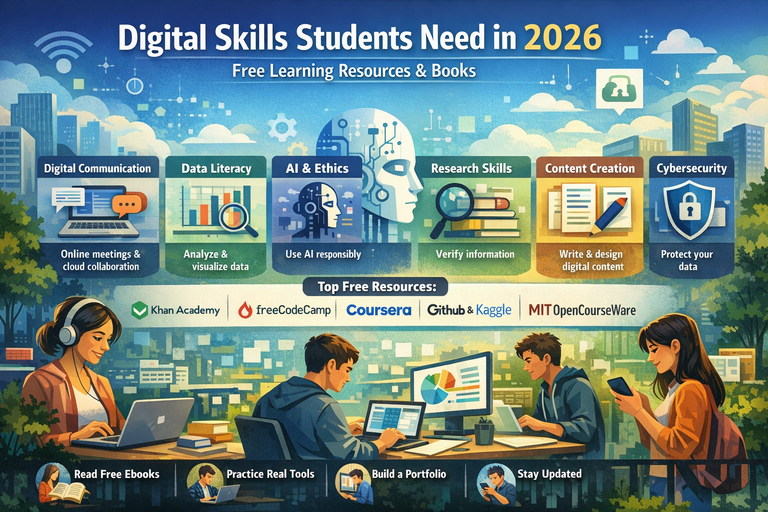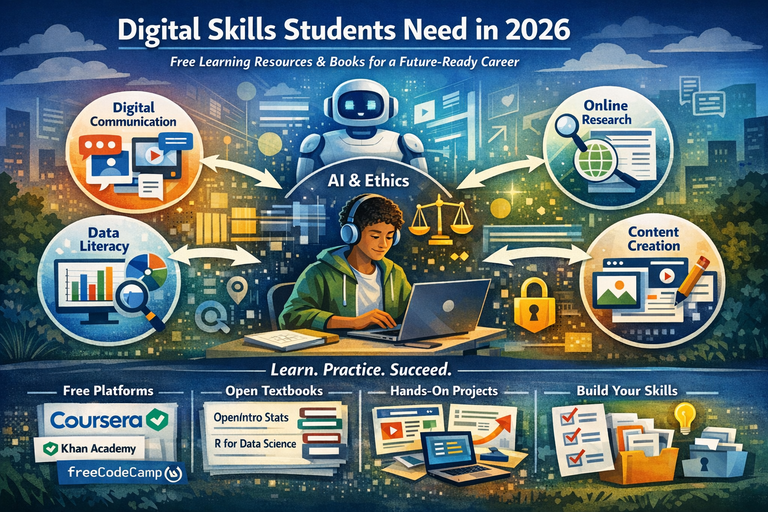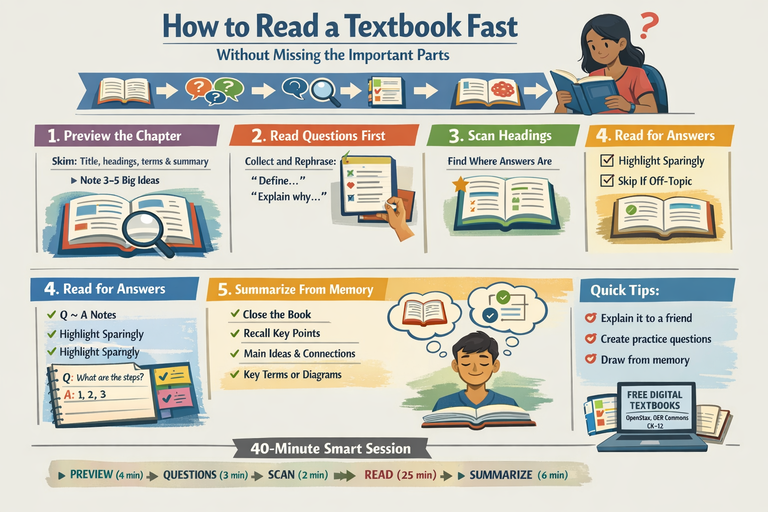Books That Accurately Predicted the Future
Books have long served as mirrors of society—but some go a step further. Certain visionary authors, armed with imagination and insight, have eerily predicted technologies, events, and cultural shifts years or even decades before they happened. These books aren’t just fascinating reads—they’re proof of how literature can serve as a lens into what lies ahead.
In this blog post from Junkybooks, we dive into some of the most remarkable books that accurately foresaw the future. From science fiction to political commentary, these works offer more than storytelling—they offer prophecy.
1. 1984 by George Orwell (Published: 1949)
What it predicted: Mass surveillance, government propaganda, and loss of privacy.
Orwell’s dystopian classic described a world dominated by "Big Brother," where every move is monitored and every thought scrutinized. Fast forward to the digital age, and the rise of surveillance technologies, data collection, and algorithmic control have made Orwell's warnings disturbingly relevant. From smartphone tracking to facial recognition software, the tools of modern surveillance echo the world of 1984.
Why it matters:
Orwell predicted a society where truth becomes malleable and obedience is demanded. In today’s misinformation landscape and increasing data collection, his vision is more chillingly accurate than ever.
2. Brave New World by Aldous Huxley (Published: 1932)
What it predicted: Genetic engineering, consumer culture, and mood-altering drugs.
Huxley imagined a society engineered for comfort and conformity, where people are genetically designed and emotionally controlled through a drug called "soma." The parallels with today’s growing biotech industry, antidepressant usage, and obsession with convenience and consumption are remarkable.
Why it matters:
Rather than fear-based control, Huxley foresaw a world numbed into compliance. The subtlety of his dystopia makes it feel uncomfortably close to modern life.
3. Fahrenheit 451 by Ray Bradbury (Published: 1953)
What it predicted: Flat-screen TVs, reality television, and declining attention spans.
Bradbury’s story centers around a future where books are banned and society is entertained (and pacified) by wall-sized televisions and endless content. He predicted a culture consumed by screens and distraction long before smartphones, binge-watching, and 24/7 media became the norm.
Why it matters:
Bradbury warned of intellectual decline through entertainment overload—something echoed today in debates about screen time and digital dependency.
4. Neuromancer by William Gibson (Published: 1984)
What it predicted: Cyberspace, virtual reality, and AI.
Before the internet was part of everyday life, Gibson coined the term "cyberspace" and described a world of digital landscapes, hackers, and artificial intelligence. His vision helped shape the cyberpunk genre and predicted our current entanglement with technology.
Why it matters:
Gibson didn’t just anticipate the internet—he foresaw its culture, its dangers, and its promise.
5. The Machine Stops by E.M. Forster (Published: 1909)
What it predicted: Video calls, social isolation, and reliance on technology.
Over a century ago, Forster imagined a future where people live underground, communicate via screens, and rarely leave their rooms. It sounds hauntingly familiar in a post-pandemic world filled with Zoom meetings, online schooling, and remote work.
Why it matters:
This early sci-fi tale reveals how dependency on technology can lead to societal disconnect—a warning that resonates more than ever.
6. Snow Crash by Neal Stephenson (Published: 1992)
What it predicted: The Metaverse, digital avatars, and gig economy culture.
Stephenson’s fast-paced cyberpunk novel introduced the idea of a shared digital universe where people interact as avatars—a concept now being built by companies like Meta (formerly Facebook). The book also dives into hyper-commercialization and fractured government systems.
Why it matters:
In many ways, Snow Crash is the blueprint for our modern internet experience—gamified, fragmented, and increasingly immersive.
7. Stand on Zanzibar by John Brunner (Published: 1968)
What it predicted: Overpopulation, corporate influence, and mass shootings.
Brunner’s novel anticipated a future overwhelmed by population growth, corporate media manipulation, genetic editing, and social unrest. He even imagined a U.S. president named Obomi and a near-universal presence of advertisements and targeted media.
Why it matters:
Brunner’s attention to sociopolitical trends made him one of the most accurate and overlooked futurists in literature.
8. The Space Merchants by Frederik Pohl and C.M. Kornbluth (Published: 1952)
What it predicted: Influencer culture, corporate power, and consumer manipulation.
In a world where advertising agencies hold governmental power, The Space Merchants forecasted a future driven by consumerism and branding. It predicted a society manipulated by messaging and persuasion techniques that feel eerily like modern marketing strategies.
Why it matters:
This book satirized the rise of corporate domination decades before global brands took control of narratives and markets.
9. Looking Backward: 2000–1887 by Edward Bellamy (Published: 1888)
What it predicted: Credit cards, equal pay, and public broadcasting.
Bellamy’s utopian novel envisioned a future America where money is replaced by a card system (credit cards), workers receive equal compensation for equal work, and information is shared through centralized broadcasts. His optimistic take contrasts with many dystopian predictions, but its accuracy remains impressive.
Why it matters:
Bellamy’s novel shows how utopian thinking can also inspire real-world innovations—proof that positive predictions can be just as transformative.
10. Player Piano by Kurt Vonnegut (Published: 1952)
What it predicted: Automation, job displacement, and social stratification.
In Vonnegut’s fictional America, machines have replaced nearly all human labor, leaving most people feeling purposeless and redundant. The rise of AI and automation today, along with debates about universal basic income, shows how prescient this novel truly was.
Why it matters:
Vonnegut highlighted the emotional and societal costs of technological advancement long before automation entered the public conversation.
How Did These Authors Get It Right?
These writers weren’t necessarily trying to predict the future—they were extrapolating from their present. They observed social patterns, technological progress, and political movements, then asked: “What if?”
Their insight came from a deep understanding of:
-
Human behavior: Many predictions about tech come true because people remain consistent in their desires for comfort, control, or status.
-
Technological trends: By recognizing early prototypes or scientific theories, authors imagined what future iterations might look like.
-
Cultural evolution: Societal fears and desires often drive invention—and fiction captures those themes before reality catches up.
Why It Matters Today
In a world driven by rapid innovation and uncertainty, literature can be more than entertainment—it can be a compass. These books help us prepare, question, and imagine. They challenge us to think critically about where we’re headed and what values guide our journey.
Books that accurately predict the future don’t just guess right—they understand humanity.
Final Thoughts
From Orwell’s grim surveillance to Gibson’s digital landscapes, these authors used fiction to explore possibilities that became our reality. If you want to understand the future, look to the past—especially the written word.
At Junkybooks, we believe the most powerful ideas often hide in novels. The next big shift in tech, society, or politics might already be on your bookshelf—waiting to be read.






